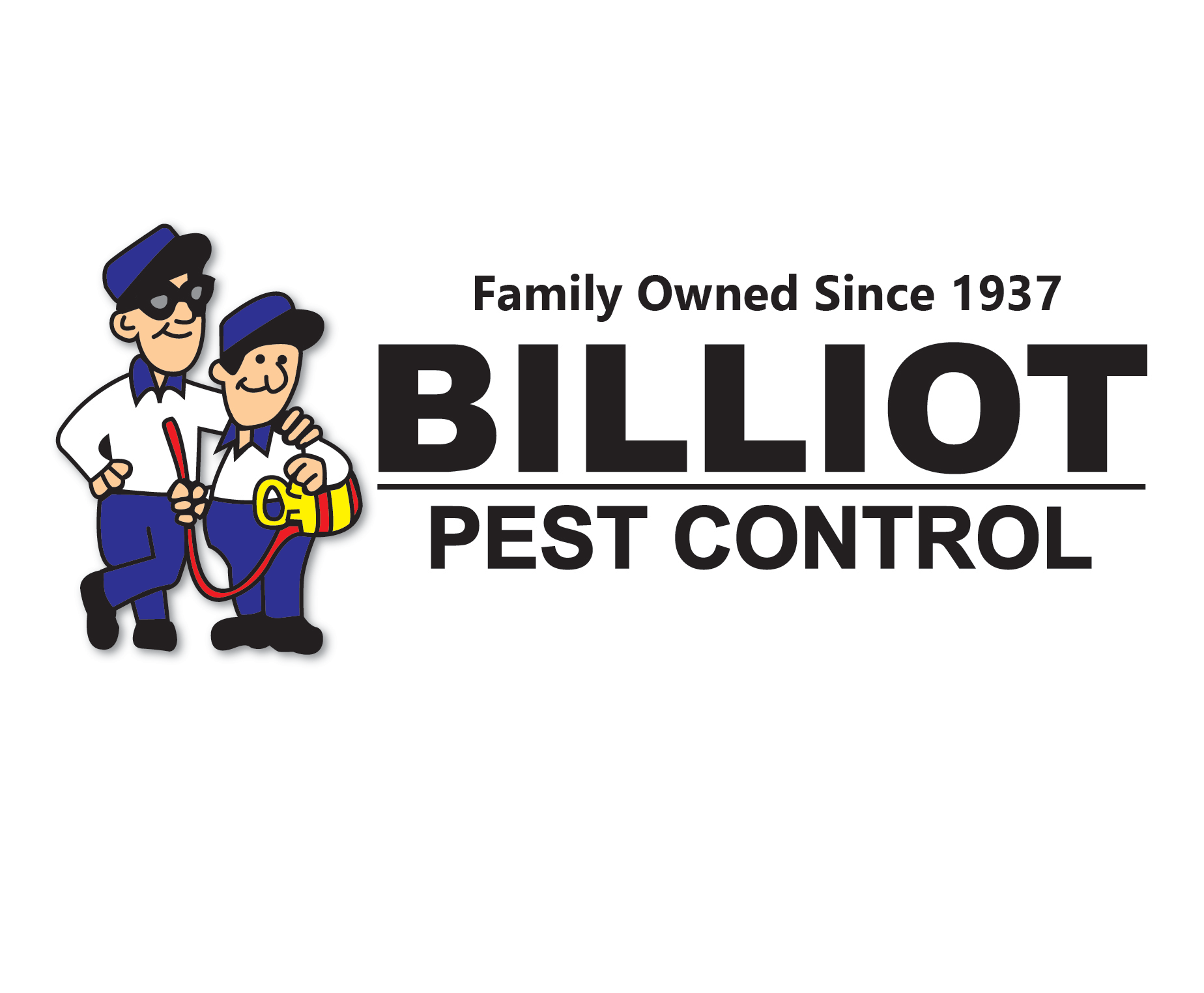Rodents
Rodents
Rodent Facts
Rodents are warm-blooded mammals that, like humans, can be found throughout the world. They have oversized front teeth for gnawing and check teeth, which are adapted for chewing. Rodents chew on a variety of items available to them and cause great damage in and around homes.
Rodents tend to be rapid breeders. Some species breed year-round, and populations are maintained through constant reproduction. Because of the rodents’ body plan, they are capable of squeezing through spaces that appear to be much too small for them. All such holes should be sealed to prevent entry and reentry of rodents. A pest control professional should be contacted for assistance.
Rats and mice are both extremely destructive within agricultural communities. A number of species feed on seeds and grains. The feces and urine of some rodents may contaminate surfaces with which they come into contact.
Rodents are mammals of the order Rodentia, characterized by a single pair of continuously growing incisors in each of the upper and lower jaws that must be kept short by gnawing.
About 40% of mammal species are rodents, and they are found in vast numbers on all continents other than Antarctica. Common rodents include mice, rats, squirrels, porcupines, beavers, guinea pigs, and hamsters. Rodents use their sharp incisors to gnaw wood, break into food, and bite predators. Most rodents eat seeds or plants, though some have more varied diets. Some species have historically been pests, eating seeds stored by people and spreading disease.
Rodents’ biology and habits can make them challenging to control, and they present a serious menace to your home. If you’re in need of rodent control services, here’s what you should know about these pests:
Rats
- Instincts: Rats are instinctively wary of things new to their environment, including rat control measures such as traps and bait, and colonize in attics, burrows, under concrete and porches, in wall voids and other hard-to-reach places.
- Disease: Rats can harbor and transmit a number of serious diseases. They can also introduce disease-carrying parasites such as fleas and ticks into your home.
Mice
- Access: They invade your home seeking food, water and warmth.
- Contamination: Each mouse can contaminate much more food than it eats.
Get A Free Estimate
Free Estimate Form Submission
Thank you for contacting us.
We will get back to you as soon as possible
We will get back to you as soon as possible
Oops, there was an error sending your message.
Please try again later
Please try again later
Click Here to Call Us

Southshore 504-365-0075 or Northshore 985-893-5083
©
Copyright
Billiot Pest Control


